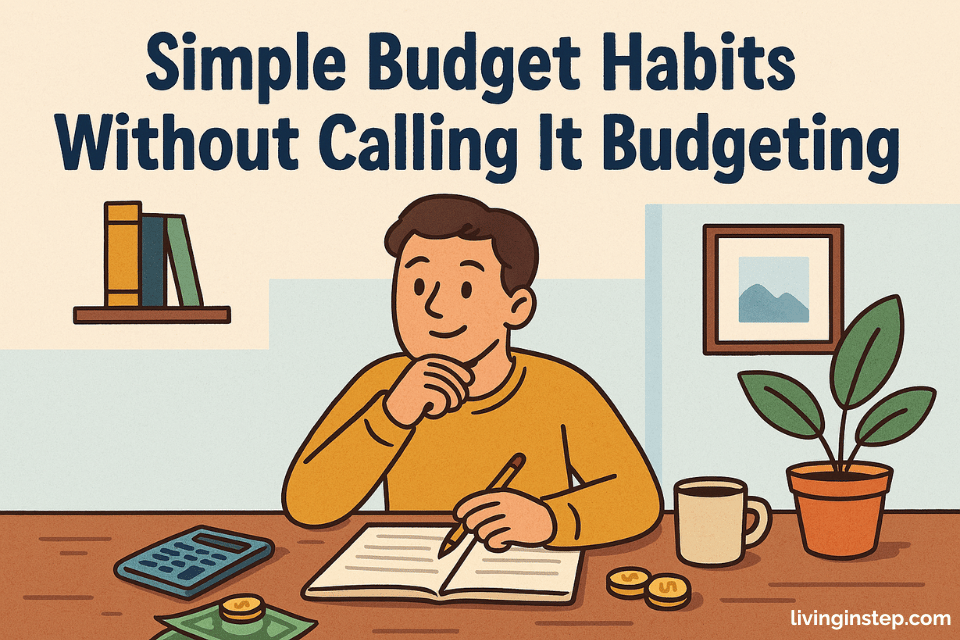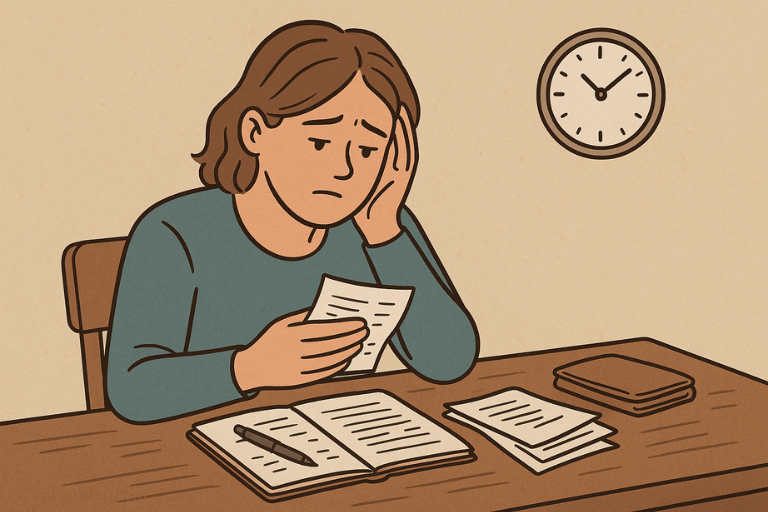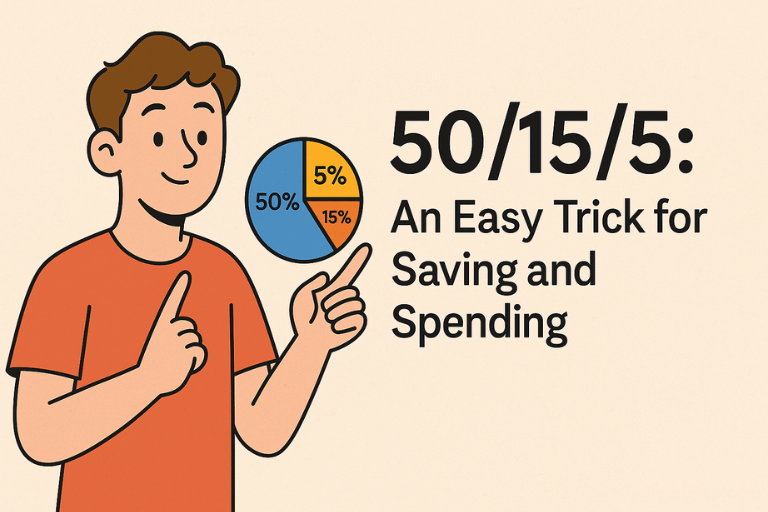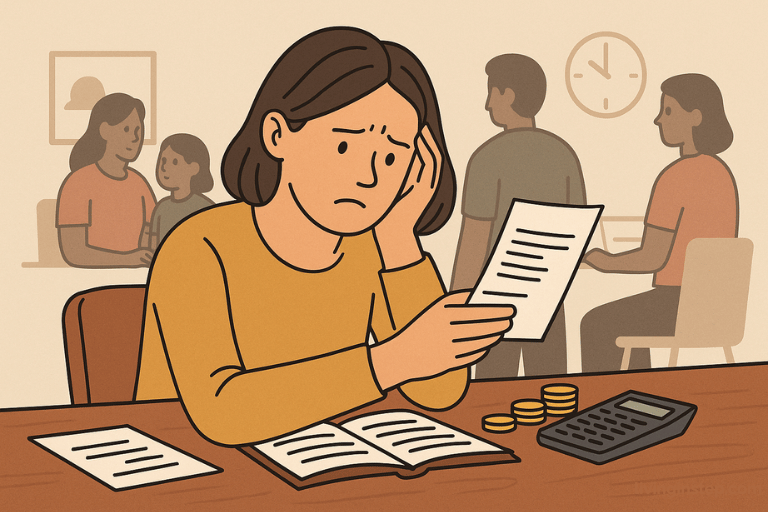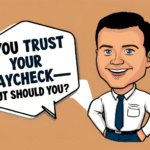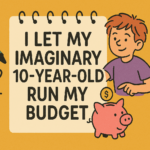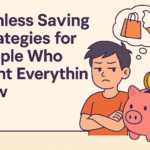Some people love budgeting
They’ve got color-coded spreadsheets
Expense trackers
Apps that beep when they overspend
But for a lot of us?
Budgeting feels like something we’re supposed to do—but never quite get around to
It sounds rigid
Restrictive
Like you’re signing up to feel guilty every time you buy coffee
So what if there was another way?
Most people budget without realizing it
Think about it
Have you ever put off buying something just so your card wouldn’t dip below a certain number?
That’s budgeting
Or transferred money out of your main account so you wouldn’t be tempted to spend it?
Also budgeting
You might not call it that
But you’re doing something very similar
So what actually works—without all the stress?
For a lot of people, it’s not about tracking every penny
It’s about finding small, quiet ways to stay aware without feeling overwhelmed
You ever felt like full-blown budgeting was too much, but still wanted more control?
Here’s what some people do instead
1. Set limits by habit, not by spreadsheet
Some people decide ahead of time how many times they’ll eat out this month
Or how many non-essential purchases they’ll make
They don’t write it down
They just keep a rough count
No tracking apps
No detailed log
Just a general sense of “three meals out a month feels right”
And they stick to it
Not perfectly
But consistently enough to stay in control
2. Keep fixed bills predictable—then let the rest breathe
They automate the essentials: rent, phone, electric
Then they don’t overthink every single other purchase
Because when the big stuff is locked down, the small stuff doesn’t carry as much stress
This isn’t about avoiding fun
It’s about keeping fun from derailing everything else
Use two accounts to separate “safe to spend” from everything else
They move their spending money into one account—and leave the rest untouched
So what’s visible is what’s available
This simple setup removes the mental math
No guessing
No “can I afford this?” spiral
What’s in the card account is for groceries, takeout, small purchases
The other account? That’s don’t-touch-it territory
You ever done this? It’s surprisingly effective
Decide spending rules once—then stop overthinking
Some people have quiet rules for themselves that they rarely break
Like, “If it’s over $50, I wait a day”
Or, “If I don’t need it and it’s not on sale, I skip it”
These aren’t strict budgets
They’re mental filters
And once those filters are in place, decisions feel easier
Because you’ve already made the choice in advance
Final thought
Budgeting doesn’t have to mean spreadsheets or apps
And it definitely doesn’t have to feel like punishment
For a lot of people, the most effective approach isn’t about tracking everything
It’s about creating a system that feels manageable—and repeatable
You might not even call it a budget
But if it’s helping you stay in control, reduce stress, and keep things steady?
Then it’s working
And that’s what actually matters
Note: This content is for entertainment purposes only and is not financial advice. Please consult a qualified financial advisor for guidance specific to your situation.

